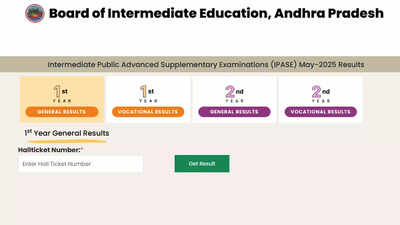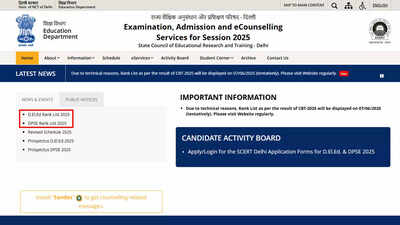Top US universities face backlash over rising international enrollment under Trump

For decades, top US universities have aggressively expanded their global reach, enrolling more international students as part of a strategic effort to boost prestige, revenues, and academic competitiveness. Institutions such as Harvard University and Columbia University now count foreign students as a sizable portion of their student populations. But under President Donald Trump, those international ambitions are facing stiff political resistance.Trump has turned the steady rise in foreign student enrollment into a flashpoint, arguing that these students take away coveted seats from Americans and allow elite universities to sidestep national interests. His administration recently attempted to bar foreign students from entering the US to attend Harvard, using a broad federal law. Although a judge temporarily blocked the move on June 5, 2025, as reported by the AP, the message from the White House is clear: universities that built global campuses are now in the political crosshairs.Elite schools built global appeal over decadesThree decades ago, just 11% of Harvard’s student body came from outside the US. Today, that number is 26%, according to data analyzed by the AP from the Integrated Postsecondary Education Data System (IPEDS). Other Ivy League schools show similar or even higher international representation. Columbia University leads with 39.4% of its students coming from abroad, followed closely by Northeastern University at 39%.At many elite private schools, international enrollment more than doubled between 2013 and 2023. New York University and Northeastern saw especially steep climbs. The chart below shows the percentage of international students at the most selective US colleges in the 2023–24 academic year:
Data is for the top 15 most selective colleges in the U.S., as measured by admissions rate.Source: Integrated Postsecondary Education Data System (IPEDS)Visa reviews spark fear of policy retaliationIn recent weeks, Trump’s administration has tightened student visa reviews, prompting concerns among faculty at Columbia University. In a newsletter quoted by the AP, the Stand Columbia Society wrote, “Columbia’s exposure to this ‘stroke of pen’ risk is uniquely high,” referring to the president’s authority to act unilaterally.Colleges say their global strategy has long been about attracting the best minds and ensuring financial sustainability. William Brustein, a former university official who led international recruitment efforts, told the AP it became “a gold rush” in higher education as schools chased higher global rankings and tuition revenue. He added that foreign students, who often pay full tuition, help fund scholarships for US students.Graduate programs see biggest international gainsAccording to Harvard, most of its growth in foreign enrollment has occurred at the graduate level. Between 2013 and 2023, its undergraduate foreign student population rose by about 100 students, while graduate programs saw an increase of nearly 2,000. As reported by the AP, William Kirby, a Harvard historian, explained, “If you don’t recruit the very best students internationally… then you will not be competitive.“Trump questions fairness, universities defend diversityTrump publicly suggested on May 31, 2025, that Harvard should cap foreign enrollment at 15%, saying at a news conference, “We have people who want to go to Harvard and other schools, they can’t get in because we have foreign students there,” as reported by the AP.In response, Harvard called the move “yet another illegal retaliatory step,” stating in court documents that its international recruitment is the result of a “decades-long project.” As quoted by the AP, the university argued that losing student visa access would immediately harm its mission and reputation.A political fault line in higher educationSupporters of international enrollment argue that foreign students pour billions into the US economy and fuel critical industries such as tech and engineering. As Rajika Bhandari, a higher education consultant, told the AP, families in countries like India and China are deeply brand-aware and invest heavily to gain admission to Ivy League schools.Now, with internationalization becoming a political fault line, universities face tough questions: Can they maintain their global stature while navigating increasingly nationalistic policy? As the AP noted, in an interconnected global economy, institutions that cannot attract talent from around the world risk falling behind.





